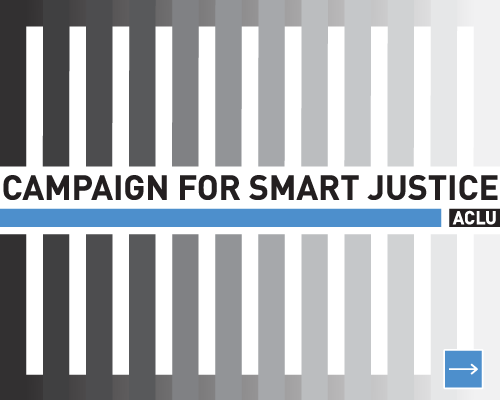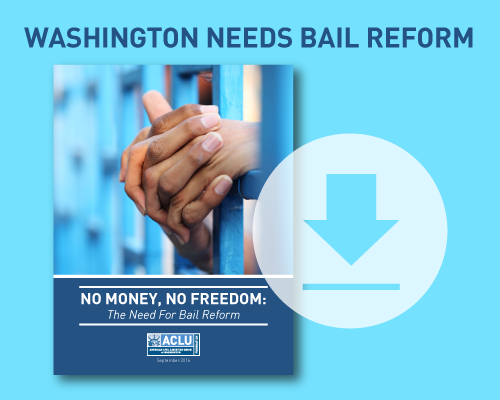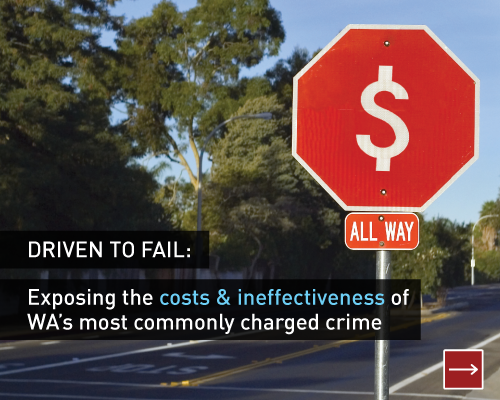Published:
Friday, September 16, 2011As flu season approaches, Washingtonians should be thankful that they can still purchase the highly effective decongestant pseudoephedrine over the counter and don’t need to get a prescription (which some states now require). However, they should also be somewhat disgruntled that they must now have their personal information (name, address, amount purchased) submitted into a newly created database that will track their purchases. Since 2005, paper logs had to be maintained for pseudoephedrine sales in Washington, but there was no centrally housed electronic database.









